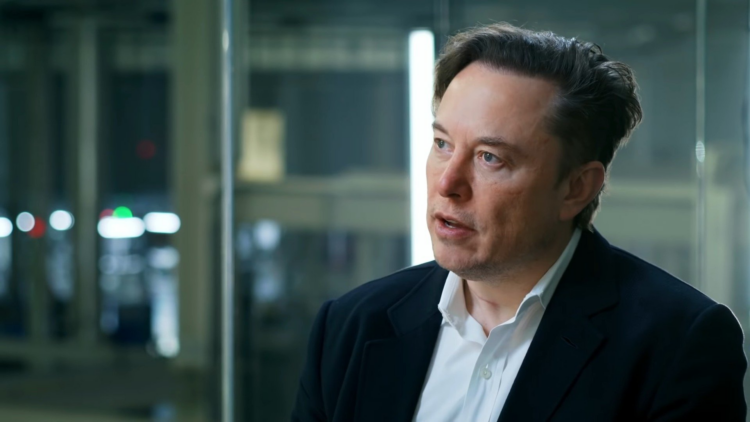In 2016, Elon Musk founded a project called Neuralink. This company’s sole project is to develop a microchip that would be implanted into someone’s skull so it could read and potentially even stimulate brain activity.
Musk has many hopes for this chip and believes it could help with many neurological disorders. It seems his faith has grown beyond that even, suggesting said chip could even combat obesity.
Elon Musk has added yet another ailment he believes could be cured by his Neuralink chip.

Alongside his previous statements that Neuralink could help Parkinson’s and Alzheimer’s diseases, Musk has now added obesity to the list.
He spoke of the idea in a recent TED interview but didn’t actually provide any details about how this could work.
However, some scientists are on board with the idea.

Sort of, anyway.
Insider interviewed a handful of scientists to see what they thought of Musk’s claims. Could a microchip implanted in someone’s brain really help with something like weight loss? In a broad sense, yes.
Only if backed by the right science.

Sadaf Farooqi, a professor of metabolism and medicine at the University of Cambridge, said, “We and others have shown that in some people with severe obesity, it’s the function of a particular brain region, the hypothalamus, that’s really driving often an increase in appetite.
“If you could find a way to target that particular region […], then in theory, a drug or a technology that did that could improve the lives of patients.”
Others agree that the concept isn’t too out there.

As Professor Andrew Jackson, an expert in neural interfaces at Newcastle University, said, “I don’t think it is any more implausible than other claims for the potential of neurotechnology.”
He also argues that a brain implant would be far less invasive than other obesity treatments.
Though, not everyone agrees.

Francesco Rubino, chair of metabolic surgery at King’s College London, believes a chip that focuses solely on appetite reduction is “set to fail”, as there are many other reasons that someone could become obese that have nothing to do with their brain. “It’s like having a tank full of fuel, but having some sort of dysfunction so the fuel cannot be utilized efficiently.”
Whether it be Musk’s or someone else’s, a chip that combats obesity is still far off.

Neuralink itself hasn’t even been approved for human testing, and while other chip-involved studies regarding obesity have taken place, they’ve all been to mixed results.
Newcastle’s Jackson said “there is still quite a lot of science that would be needed, alongside the technology development, to deliver this as a therapy”, as with many other of Musk’s Neuralink hopes.
h/t: Insider

















































